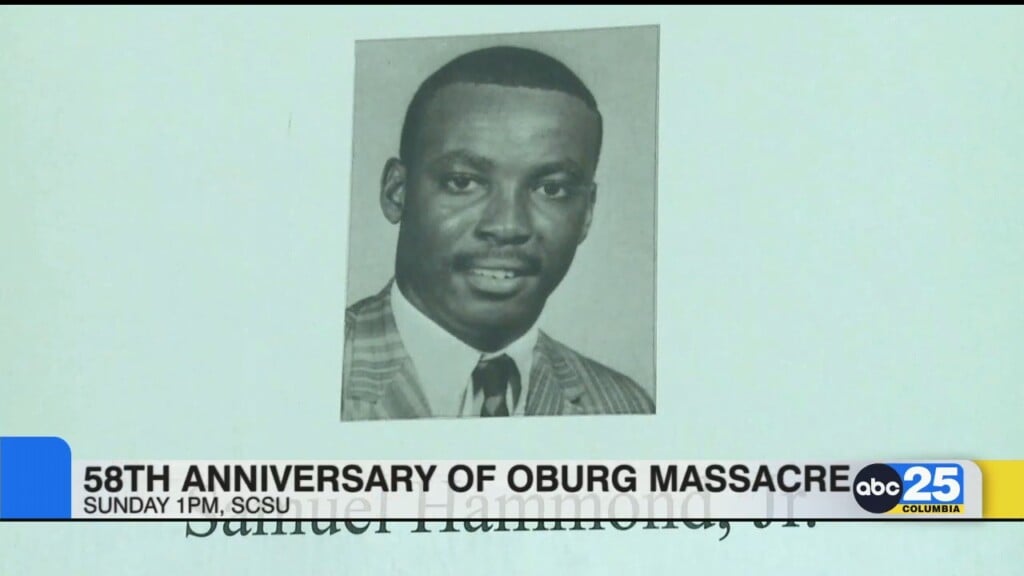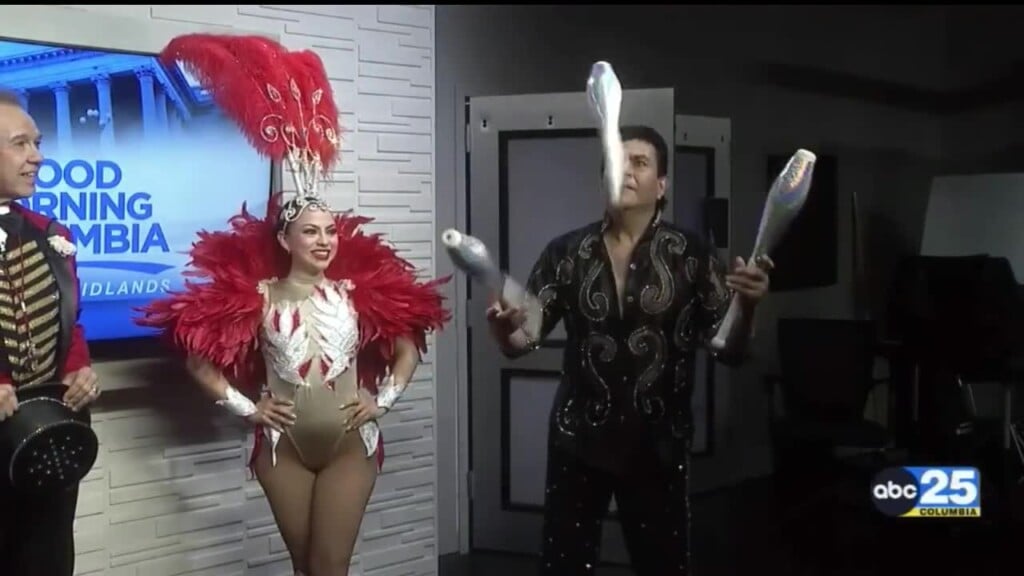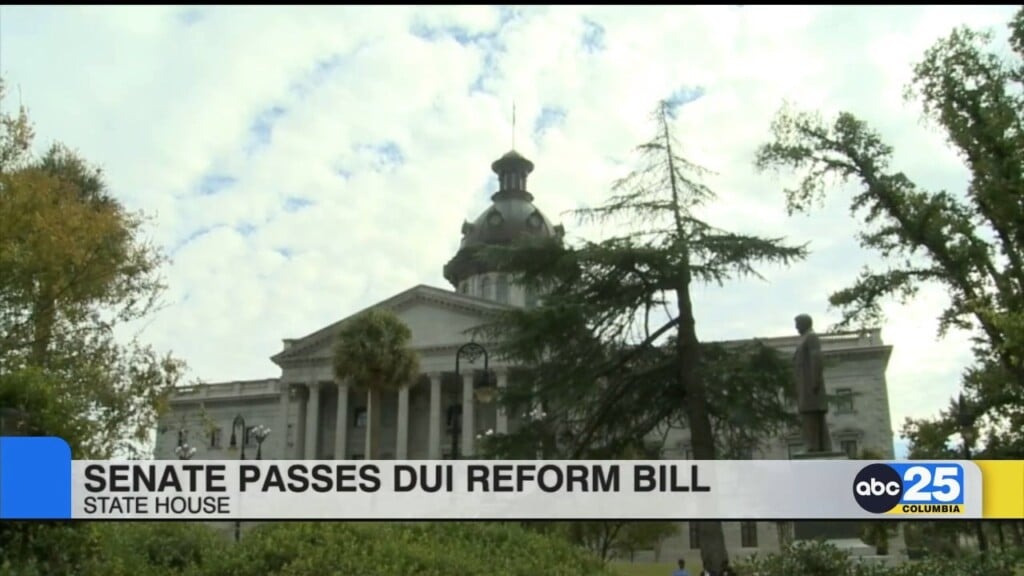Saliva testing in South Carolina? Medical experts promote idea at Senate hearing
Saliva testing is already being used in Major League Baseball as well as several states
COLUMBIA, S.C. (WOLO) — There could be a new type of COVID-19 test coming to South Carolina.
Senators in the Reopen S.C. Tracing and Testing Subcommittee heard testimony from medical professionals Tuesday afternoon talking about the benefits of saliva-based testing.
Saliva-based testing has been used in Major League Baseball, and is now being used in several states, including Oklahoma, Arizona, and New Jersey.
Dr. Helmut Albrecht, the Chair of the University of South Carolina Department of Internal Medicine, told lawmakers the presence of the virus in saliva is a better detector of how it can spread.
“A droplet is a little piece of saliva around a virus, so presence or absence in saliva biologically makes a lot more sense for infectiousness, for transmission,” Dr. Albrecht said.
Dr. Albrecht told lawmakers saliva testing would be easier to obtain, would be beneficial for use in churches and schools, and would help the state achieve sufficient surveillance testing (as opposed to diagnostic testing, which he says misses about 90% of the potential cases).
Even though saliva-based testing is not readily available across the state, some institutions, like the University of South Carolina, are giving students the option to take a saliva-based test before they come to campus.
Some experts championed saliva testing due to the scarcity of testing kits.
Dr. Deborah Beck, the Executive Director of Student Health Services at the University of South Carolina, told the subcommittee that the university has a limited number of test kits to use, prioritizing those for students who are showing symptoms.
Lawmakers discussed three testing models: saliva-based testing (where the patient spits into a tube), a nasal swab, and the nasalpharyngeal swab (where a sample is collected deep in the naval cavity).
Precision Genetics in Greenville is working on plans which could make saliva-based testing more available. They plan on finishing a study on the method this weekend, and hope to get approval for emergency use authorization as well.
“We are very optimistic and confident in that collection method. It is far less invasive than the brain tube stuck up your nasal passage. I’ve had it done way too many times in the laboratory. We think saliva is going to be an excellent replacement for that, or at least an excellent addition to that,” said Nate Wilbourne, the Founder and CEO of Precision Genetics.
MUSC Health ran studies on saliva tests a few months ago, but found that the machines had a tougher time reading the samples.
Still, MUSC Health CEO Dr. Patrick Cawley says improved saliva testing will help with freeing up personnel from administering tests, but it is not the be-all, end-all of testing.
“Saliva will be a great step forward, but it will not eliminate the other methodologies,” Dr. Cawley said.
The subcommittee also heard testimony describing the statewide testing process, how the labs collect samples and notify patients, and whether the state has enough reagents to handle the testing demand.
Dr. Atwell Coleman, the head of the state’s Department of Health and Environmental Control (DHEC) Public Health Lab, said his team has looked into testing saliva samples, but will reconsider it further depending on the results of a study being conducted by professors at the University of South Carolina and Clemson University.
At the conclusion of the meeting, Senators Gerald Malloy (D-Darlington Co.) and Vincent Sheheen (D-Kershaw Co.) called for a report to be sent up to Senate leadership, saying that swift action that addresses testing and contact tracing needs with money coming in from the Coronavirus Aid, Relief, and Economic Security (CARES) Act is needed to save more lives. Subcommittee chair Sen. Tom Davis (R-Beaufort Co.) said he would see to it that staff would get this done and pass it up to Reopen SC Chair Sen. Thomas Alexander (R-Oconee Co.).
Dr. Cawley also called for a statewide health exchange network, which he said would help overwhelmed labs and allow for quicker response times. He said states like North Carolina have a system like this in place.
Sen. Davis said the subcommittee will meet again Wednesday, August 11, to discuss the state’s efforts with contact tracing.


